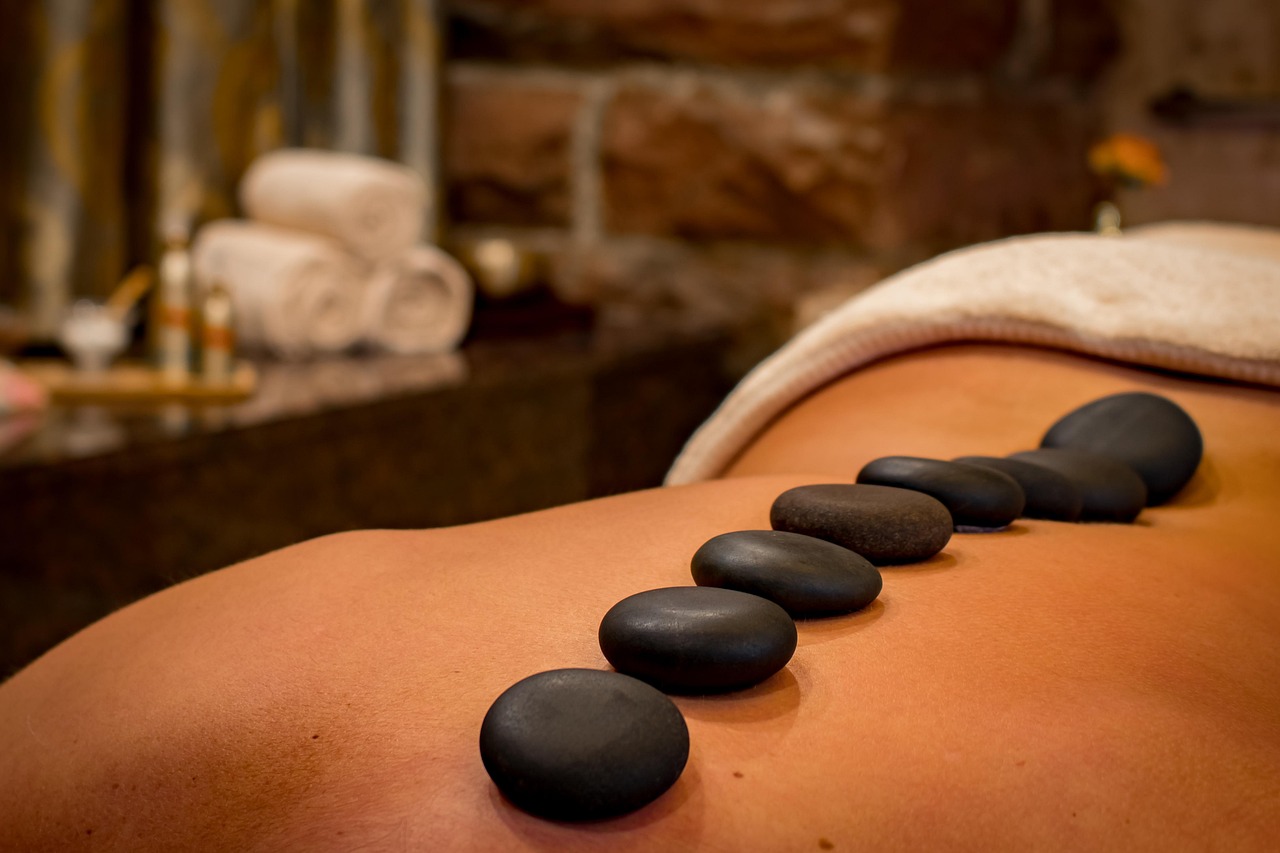How Engaging Your Senses Boosts Well-Being
Pleasure isn’t just a luxury—it’s a vital component of well-being. Engaging our senses—sight, sound, smell, touch, and taste—can significantly improve our mental, emotional, and physical health. By understanding the science behind pleasure and how it affects the brain and body, we can harness its power to boost happiness, reduce stress, and improve overall life satisfaction.
How the Brain Processes: The Science of Pleasure Explains
The brain has a dedicated pleasure system responsible for processing and interpreting pleasurable stimuli. When we experience something enjoyable, our brain releases chemicals like dopamine and serotonin, which create feelings of happiness and satisfaction.
This system is closely tied to our five senses. Whether we’re listening to soothing music, savoring a delicious meal, or feeling a comforting touch, the sensory experiences we engage in can stimulate the brain’s reward pathways. The more we engage with these pleasurable activities, the more our brain learns to seek out and reinforce positive experiences. Now is where the Science of Pleasure comes into play!
The Five Senses and Their Role in Pleasure
Each of our senses plays a role in enhancing our well-being. Let’s explore how:
1. Sight
The sense of sight is closely linked to emotions. Viewing beautiful landscapes, artwork, or calming visuals can trigger feelings of joy and relaxation. Studies have shown that engaging with nature or visually appealing environments can reduce stress levels and increase feelings of contentment.
2. Sound
Sound has a profound impact on our mood. Music, nature sounds, or even the sound of our own voice can influence our emotional state. Listening to soothing music or sounds of nature can lower blood pressure and enhance relaxation, while upbeat tunes can improve energy levels and mood.
3. Smell
Aromatherapy is a powerful tool because of its direct link to the brain’s emotional center. Smelling essential oils, fresh flowers, or even food can trigger emotional responses and affect our state of mind. Pleasant scents can elevate mood, reduce anxiety, and increase feelings of pleasure.
4. Touch
Physical touch is essential for emotional and mental well-being. A gentle touch, whether through a hug, a massage, or self-care practices like body lotion application, activates the release of oxytocin, the “love hormone.” This hormone promotes relaxation, reduces stress, and enhances feelings of connection and pleasure.
5. Taste
Taste directly influences pleasure, as it’s tied to our enjoyment of food and drink. Savoring delicious flavors stimulates pleasure centers in the brain. Eating mindfully, tasting foods slowly, and paying attention to textures and aromas can turn eating into a deeply satisfying and mindful experience.
How to Harness the Power of Your Senses for Daily Pleasure
Now that we understand how each sense contributes to our well-being, let’s look at some practical ways to use them:
1. Create a Sensory Routine
Start your day by engaging each of your senses. Begin with a relaxing visual, like a beautiful morning view or calming art. Listen to soothing music while sipping tea or coffee, and use aromatherapy to awaken your senses.
2. Mindful Eating
Take the time to savor each bite of your food, paying attention to the taste, texture, and aroma. This mindful approach enhances pleasure, improves digestion, and reduces overeating.
3. Enjoy Nature
Spend time outside and engage with the natural world—listen to birds chirping, breathe in the fresh air, and observe the beauty around you. Nature is a powerful sensory experience that can increase feelings of peace and relaxation.
4. Practice Touch-Based Self-Care
Incorporate daily self-care routines like massaging your hands or applying your favorite lotion. Consider a weekly massage or a relaxing bath to activate your sense of touch and encourage deep relaxation.
5. Make Your Environment Pleasing
Create a sensory-friendly environment in your home or workspace by adding visual art, calming sounds, pleasant scents, and tactile elements like soft blankets or cushions. This promotes a sense of comfort and well-being in any setting.
Conclusion: Elevate Your Life by Engaging Your Senses
The science of pleasure is all around us, and by engaging our senses mindfully, we can boost our overall well-being. Whether through music, touch, food, or nature, every sensory experience has the potential to increase happiness, reduce stress, and improve our quality of life.
Make a conscious effort to incorporate sensory pleasure into your daily routine. By paying attention to what your senses need, you’ll experience a life that’s richer, more joyful, and full of well-being.


